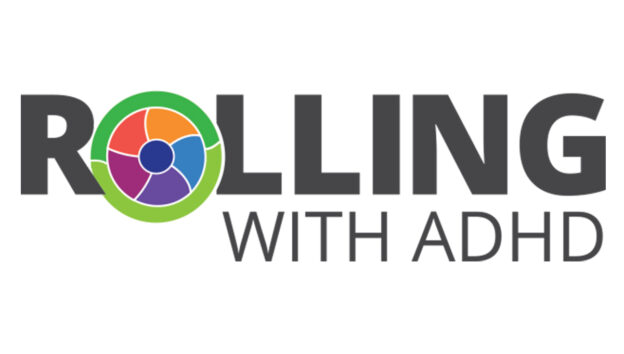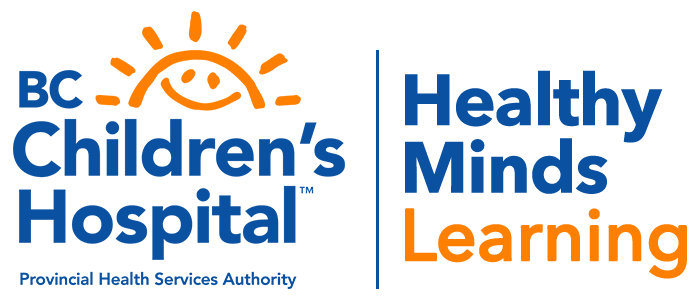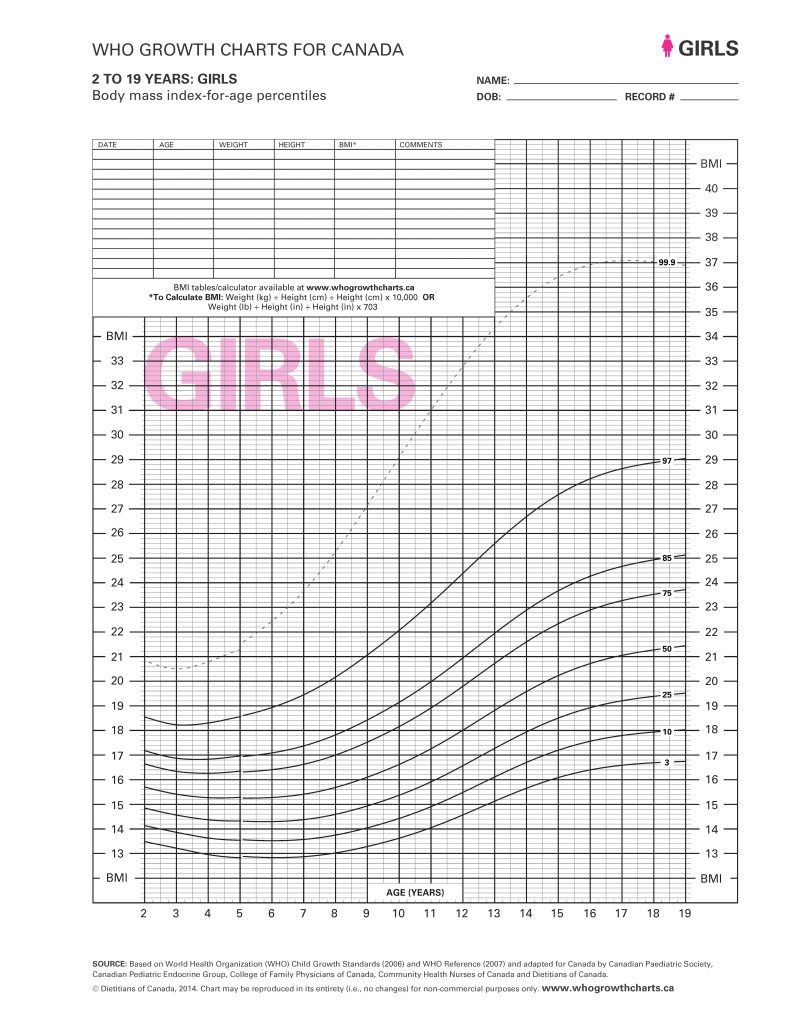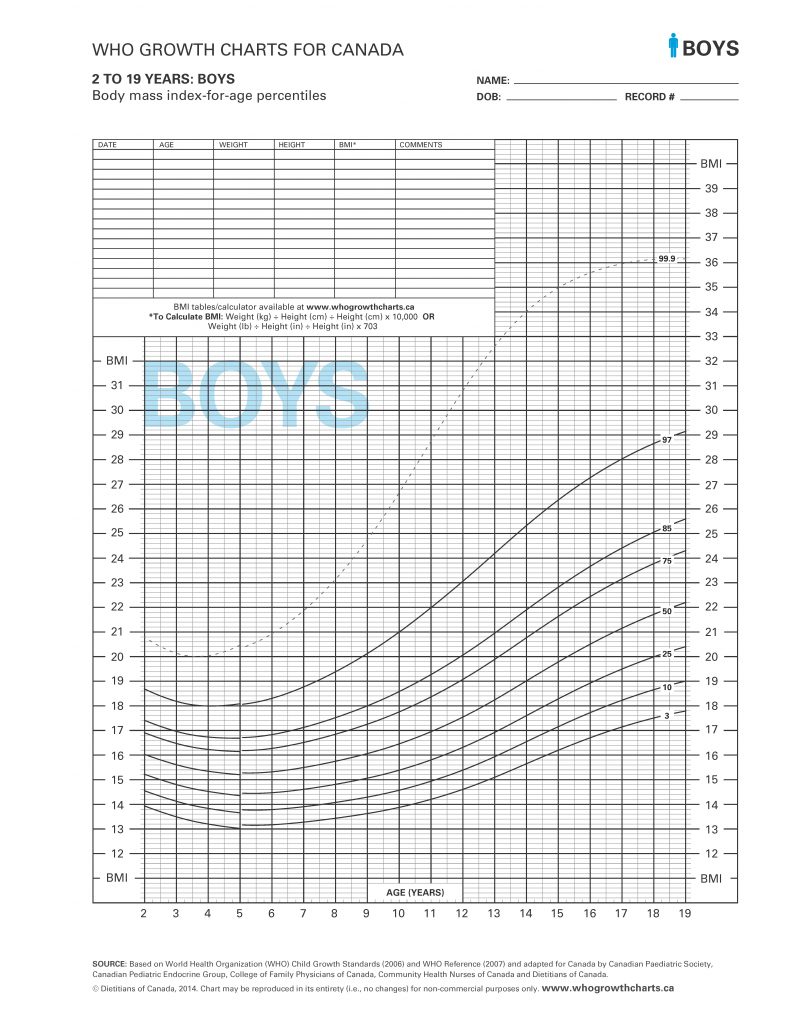
Wish you could just roll with the ADHD in your family?
Raising a child is one of the hardest jobs out there. Parenting a child with ADHD is even tougher. We often tell parents that they need a ‘black belt’ in parenting when they have a child with ADHD. That is why we decided to bring together psychologists from the ADHD Clinic at BC Children’s Hospital and caregivers to provide you with more support.
Rolling with ADHD is an eight module series that covers practical tools and strategies for caregivers of children with ADHD. This series has been adapted from the long standing in-person program at BC Children’s Hospital, and includes what research show really works for kids and families living with ADHD.
This is a detailed and interactive learning series that gives you time to reflect about what you are already doing well, and how you can build your strengths. You’ll have a better experience on a computer or a larger device rather than squinting at a phone and trying to thumb in your notes! Saying that, you can access everything on your phone if you want to check in with any of the course info at any time.
Each short module is packed with practical strategies that you can use in your everyday life. We recommend you do one module per week.
In each module we assign you a ‘challenge’ to get you started, and we suggest you take the whole week to try and integrate these strategies into your daily life. We will suggest ways to put the strategies into practice. We hope this will help you find the learning series more useful.
Please note: Many parts of this course will not display correctly on Internet Explorer.
We recommend using Chrome, Safari, Firefox or Edge.
Course Content



